From Theory to Reality: India Installs Its First Commercial Quantum Computer in IIIT Dharwad
India has taken a decisive step into the future of advanced computing with the installation of its first commercial quantum computer at the Indian Institute of Information Technology (IIIT) Dharwad in Karnataka. Announced in January 2026, the development marks a significant milestone in the country’s technological journey, placing India among a select group of nations actively deploying quantum computing systems beyond laboratory research. Karnataka’s role in hosting this breakthrough further strengthens its reputation as a leading innovation hub. The quantum computer has been installed as part of a strategic collaboration between IIIT Dharwad and Bengaluru-based deep-tech company QpiAI. The system is housed at the institute’s Centre of Excellence for Quantum Artificial Intelligence and Computing, which has been established to promote advanced research, interdisciplinary learning, and industry collaboration. Unlike experimental quantum setups confined to closed research environments, this system is commercially deployable, allowing broader access for researchers, startups, and industry partners. Understanding Quantum ComputingQuantum computing represents a radical departure from classical computing. While conventional computers process information using bits that exist as either 0 or 1, quantum computers operate using qubits that can exist in multiple states simultaneously. Areas such as complex simulations, cryptography, optimization, artificial intelligence, and drug discovery stand to benefit most from quantum advancements.The installation of a commercial quantum computer at IIIT Dharwad offers Indian researchers the opportunity to work directly with this emerging technology rather than relying solely on theoretical models or overseas platforms. It enables the development of quantum algorithms, hybrid computing models, and practical use cases tailored to India’s scientific, industrial, and societal needs.A Strategic Public-Private Collaboration The project highlights the importance of collaboration between academia, industry, and government in building advanced technological ecosystems. QpiAI, a homegrown quantum and artificial intelligence company, has played a central role in developing and deploying the system. The company has been actively working towards building scalable quantum solutions while also contributing to India’s broader quantum research goals.This initiative also aligns closely with India’s National Quantum Mission, which aims to build domestic capabilities across quantum computing, communication, sensing, and materials. By placing a commercial quantum system within an academic institution, the project ensures students, researchers, and engineers gain hands-on exposure to quantum systems, helping bridge the gap between education, research, and industry requirements.What This Milestone Means for India’s Technological FutureThe deployment of India’s first commercial quantum computer is not merely symbolic, as it is a strategic investment in the country’s long-term technological sovereignty. Quantum computing is expected to become a foundational technology influencing national security, economic competitiveness, and scientific leadership in the coming decades. Early access and capability building will be critical in determining which nations lead this transformation.For India, this milestone signals a shift from being a passive participant in global technological change to becoming an active contributor and innovator. With institutions like IIIT Dharwad serving as testing grounds for next-generation technologies, the country is laying the groundwork for a robust quantum ecosystem. As research matures into applications, this step could pave the way for breakthroughs in healthcare, climate modeling, secure communications, and advanced manufacturing, firmly placing India on the global quantum map.

.jpg)
.jpg)
.jpg)
.jpg)
.jpg)



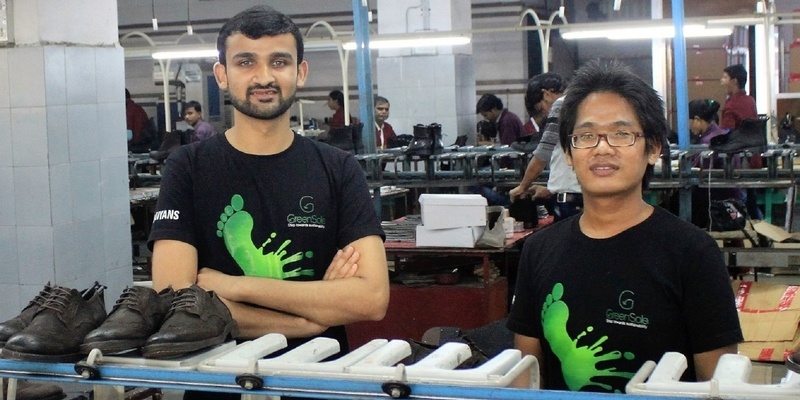


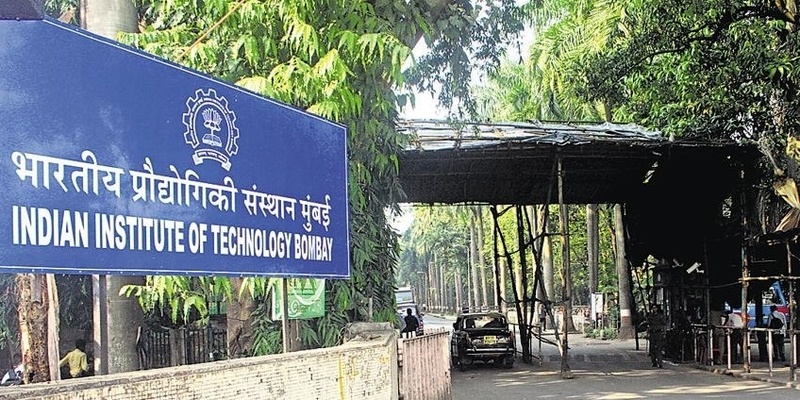



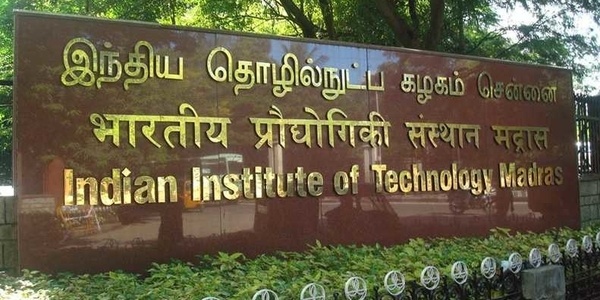





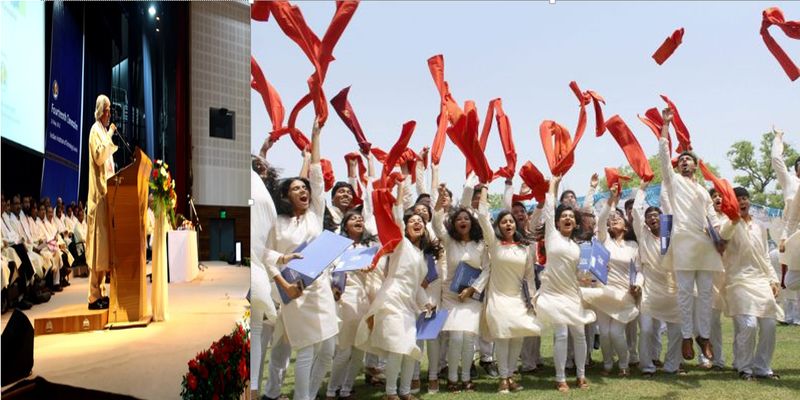




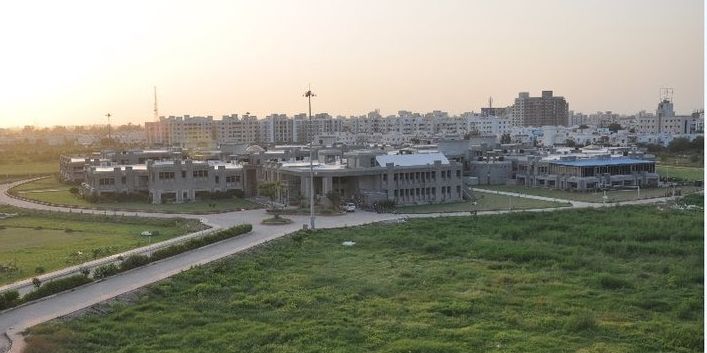
.jpg)
 (1).jpeg)
 (1).jpeg)
.jpg)

